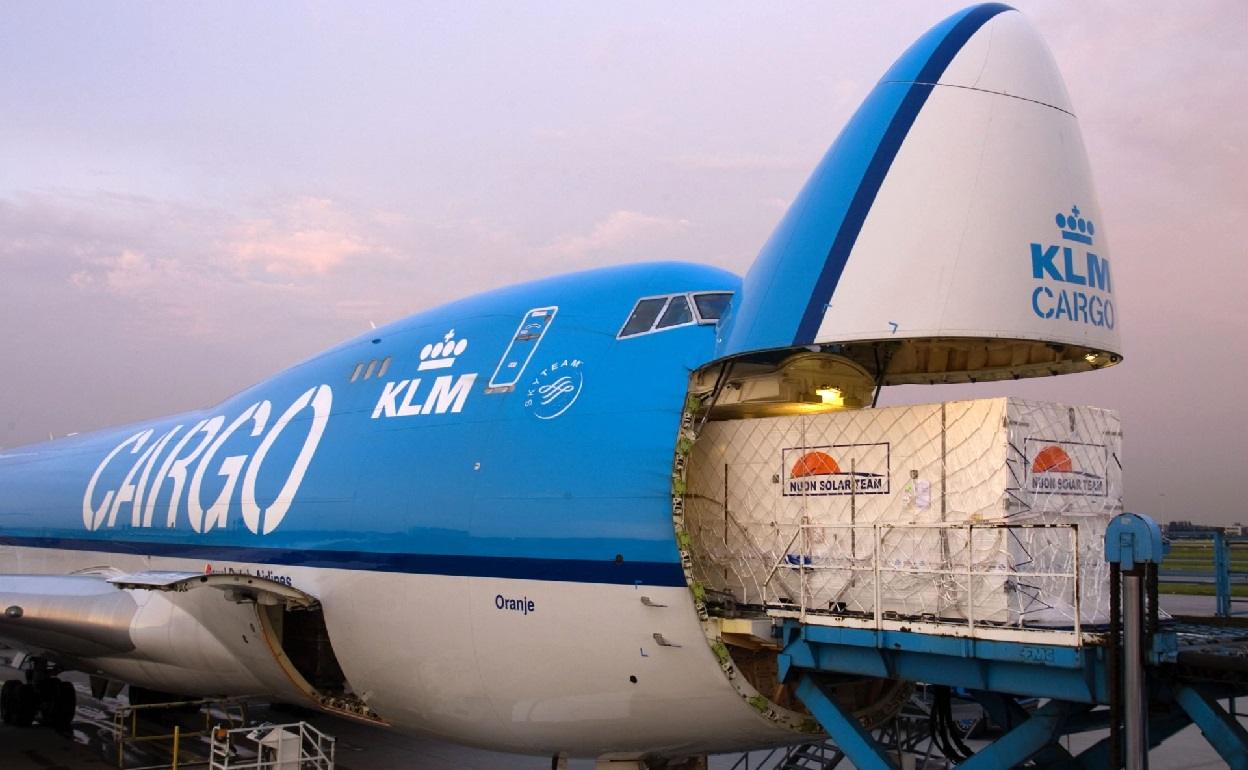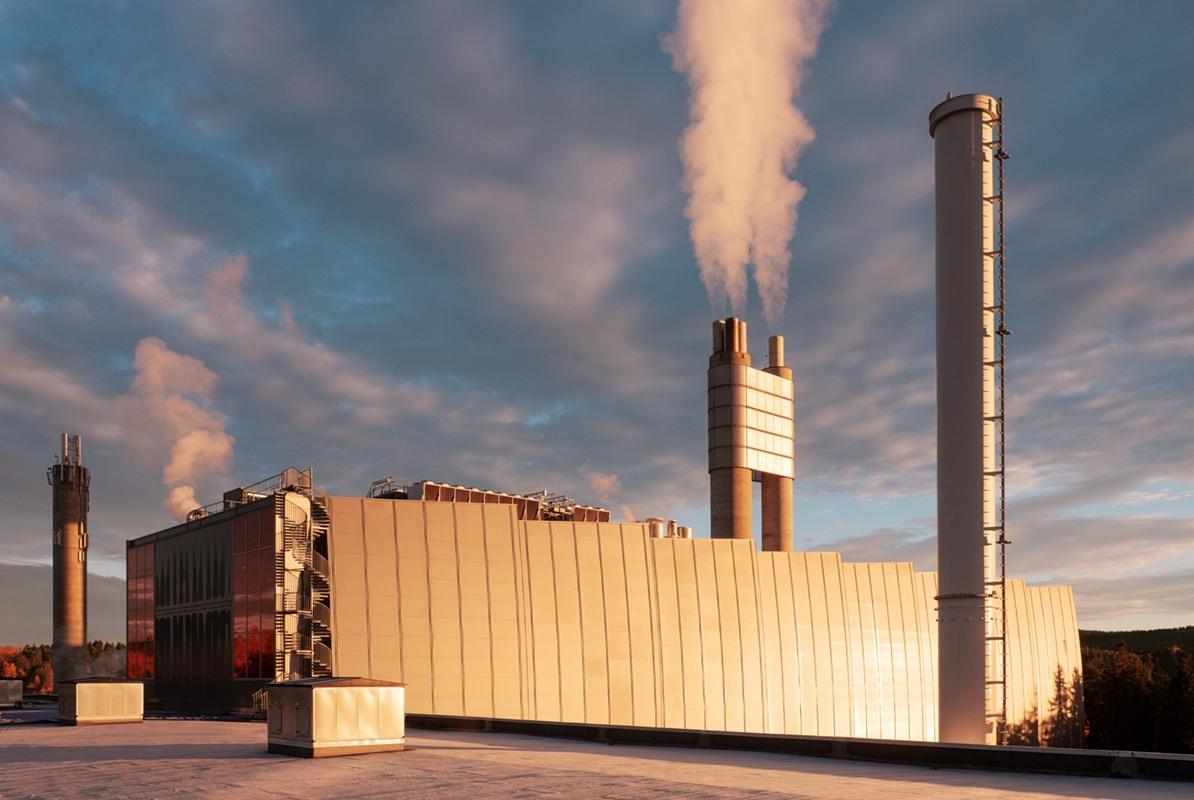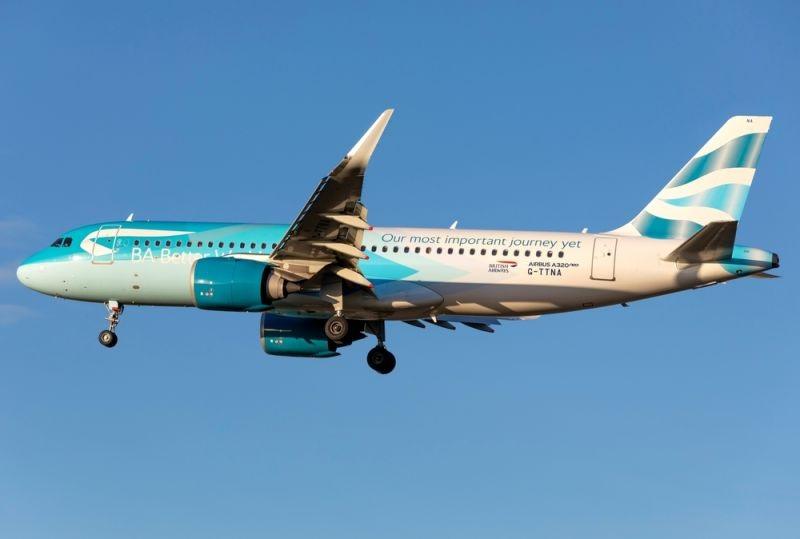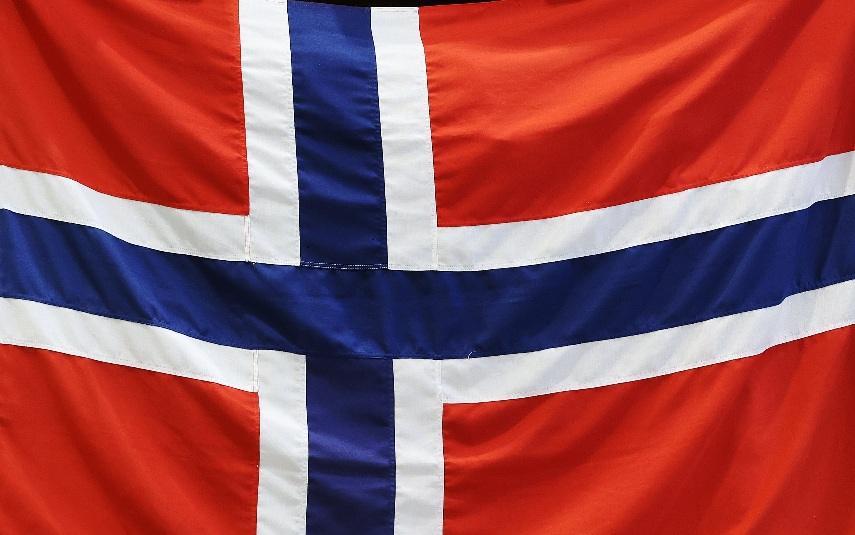Air France KLM Cargo Targets Sustainable Airfreight Industry with Launch of SAF Program
Air France KLM Martinair Cargo announced the launch of the world’s first sustainable aviation fuel (SAF) programme for the airfreight industry, aimed at enabling freight forwarders and shippers to participate in reducing CO₂ emissions of the aviation sector.
Air transport has come under increasing scrutiny in recent years as a significant contributor to GHG emissions. According to European Commission estimates, aviation accounts for 2% of global GHG emissions. Without efficiency improvements, aviation emissions are likely to increase along with the steady rise in air travel forecast over the next several decades. SAF is seen by market participants as one of the key tools for the industry to address its emissions impact. SAF is generally produced from sustainable resources, like waste oils and agricultural residues, or even from carbon captured from the air, rather than from fossil fuels.
The new cargo SAF program enables shippers and forwarders to operate flights with a percentage of SAF, with customers determining their own level of engagement and Air France KLM Cargo ensuring that customers’ entire investment is used for sourcing SAF. Customers will receive a third-party audited report, justifying the purchased volume of SAF in relation to traffic and indicating the reduction in CO₂ emissions achieved.
According to the company, the program was established in order to stimulate and enlarge the market for SAF. The company stated that by investing in the Cargo SAF Programme, customers will not only help pioneer the use of SAF in the industry, but will also scale up the SAF market, contributing to a cleaner future for air transport.
Adriaan den Heijer, EVP of Air France-KLM Cargo & Managing Director of Martinair, said:
“Our commitment to reducing CO₂ emissions is one of the cornerstones of our cargo strategy. The launch of a SAF programme for airfreight is an important step in our ambitious sustainability roadmap for the coming years. I invite all our customers to join us in creating a more sustainable cargo future.”





